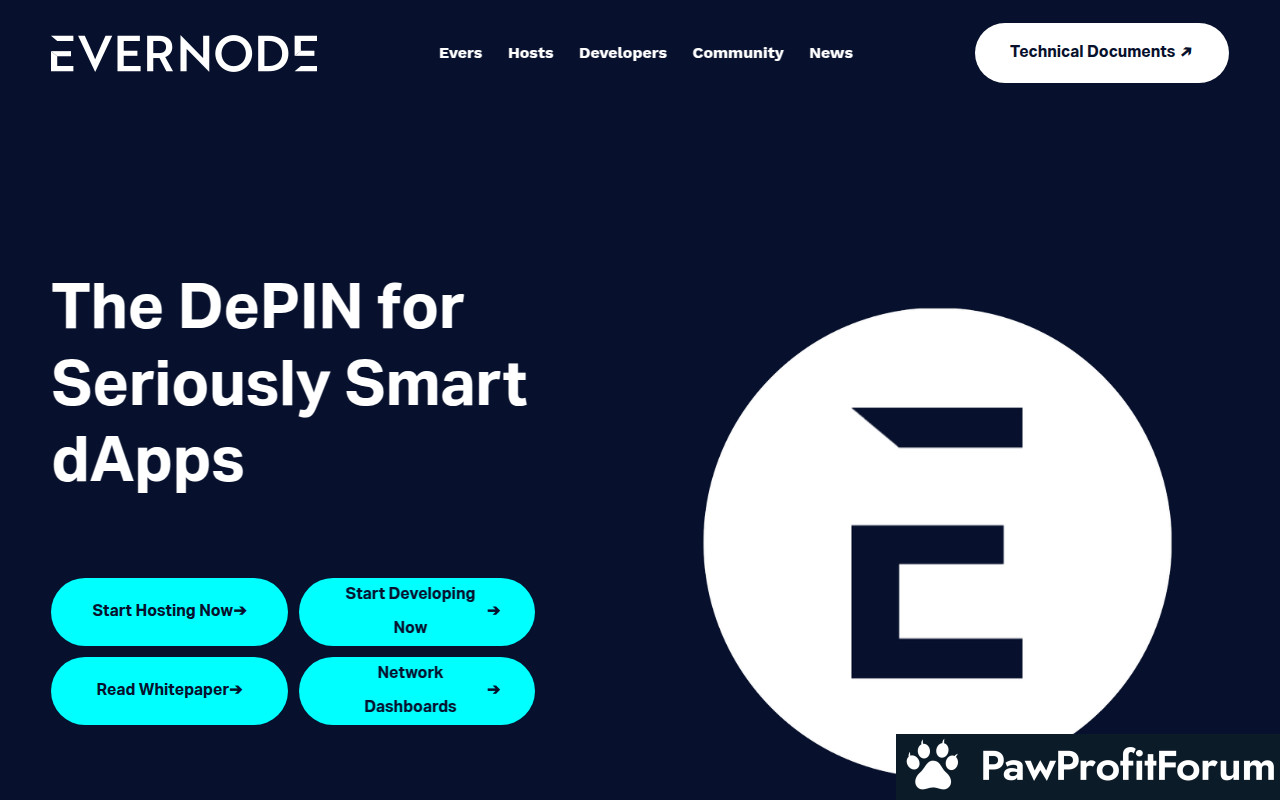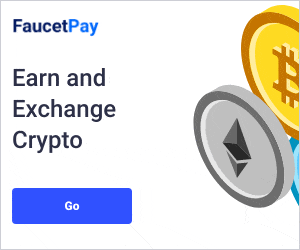Evernode is a global, permissionless, decentralised “layer 2” network tailored to hosting hyper-flexible, hyper-scalable dApps that perform as bespoke mini-blockchains (“AppChains”), empowering developers to build with their choice of language, functionality, geography, and scale, but without needing to invent their own consensus mechanism.
Evernode has five main components:
(a) Consensus: A consensus-as-an-operating-system environment in which code runs to enable multiple instances to function as a bespoke chain.
(b) Hosting: A way to deploy multiple instances of an executable program to a global network of independently owned and operated hosts.
(c) Decentralised Network: A way of coordinating the network via a layer 1 chain so the network is as secure and decentralised as possible.
(d) Native Token: A new digital asset for the network to incentivise hosts and facilitate automated payment for network registration and hosting fees.
(e) Decentralised Governance: A way for hosts to vote to update the rules for registration, rewards, and governance, including deregistering bad hosts.
In concert, these five components create a decentralised network where anybody can become a Host by downloading the Evernode software and paying the registration fee in Evers. Reliable hosts earn network rewards for being connected to the network and earn income in the network’s currency from hosting dApps.
For Developers, these five components result in a global network of independently owned and operated Hosts on which they can build and deploy dApps with their choice of language, behaviours, geography, and scale. In conjunction with Hooks, Xahau’s lite smart contract solution, a vast new range of use cases for decentralised applications arises.
Evernode has five main components:
(a) Consensus: A consensus-as-an-operating-system environment in which code runs to enable multiple instances to function as a bespoke chain.
(b) Hosting: A way to deploy multiple instances of an executable program to a global network of independently owned and operated hosts.
(c) Decentralised Network: A way of coordinating the network via a layer 1 chain so the network is as secure and decentralised as possible.
(d) Native Token: A new digital asset for the network to incentivise hosts and facilitate automated payment for network registration and hosting fees.
(e) Decentralised Governance: A way for hosts to vote to update the rules for registration, rewards, and governance, including deregistering bad hosts.
In concert, these five components create a decentralised network where anybody can become a Host by downloading the Evernode software and paying the registration fee in Evers. Reliable hosts earn network rewards for being connected to the network and earn income in the network’s currency from hosting dApps.
For Developers, these five components result in a global network of independently owned and operated Hosts on which they can build and deploy dApps with their choice of language, behaviours, geography, and scale. In conjunction with Hooks, Xahau’s lite smart contract solution, a vast new range of use cases for decentralised applications arises.










